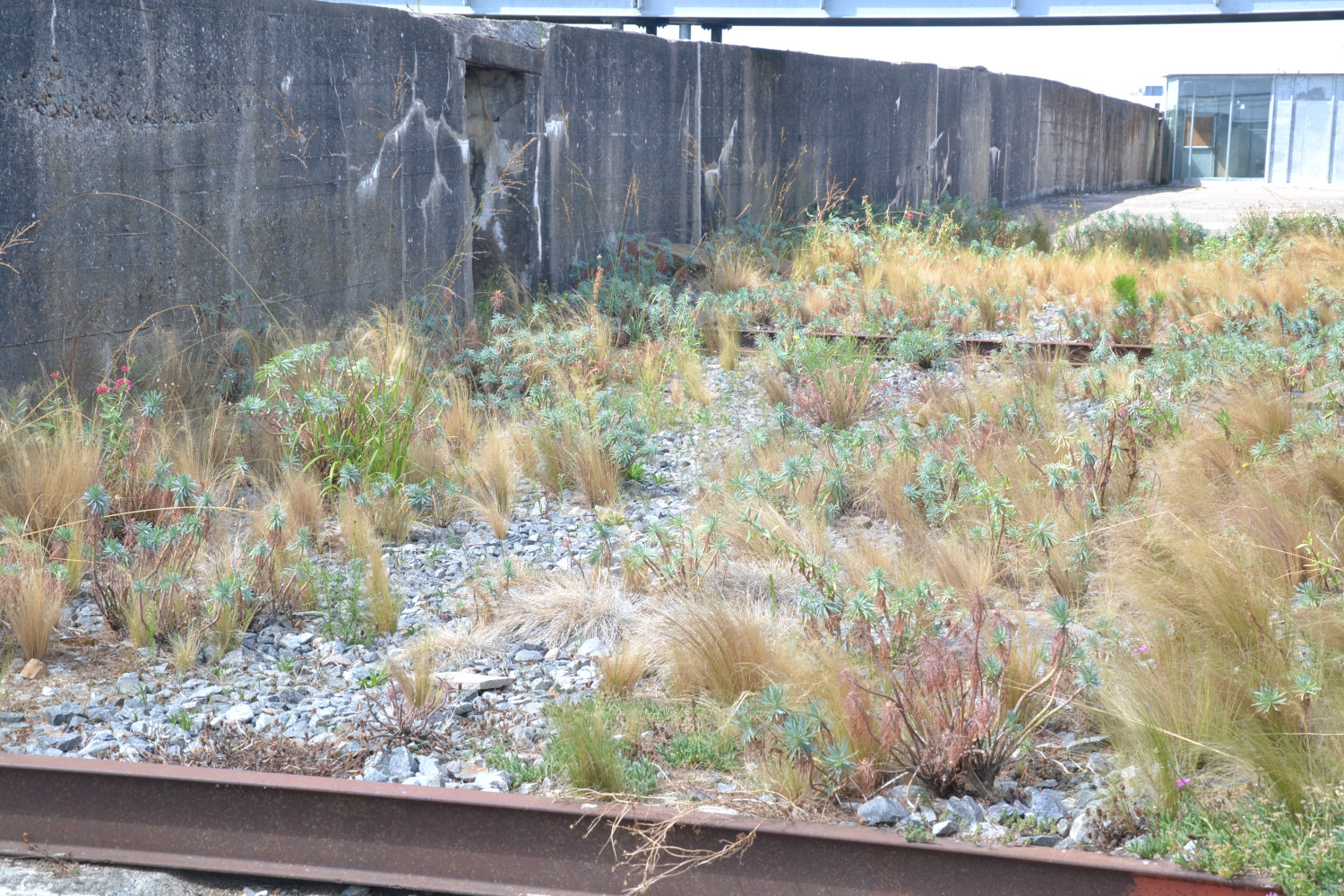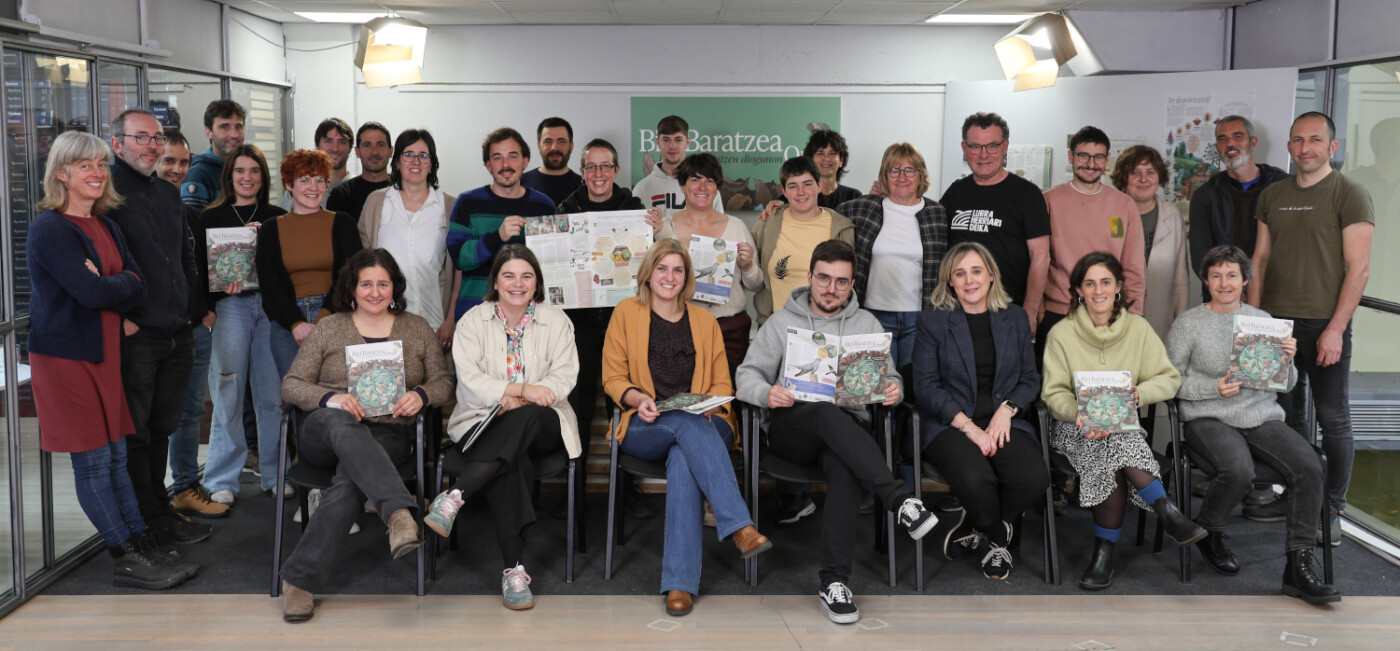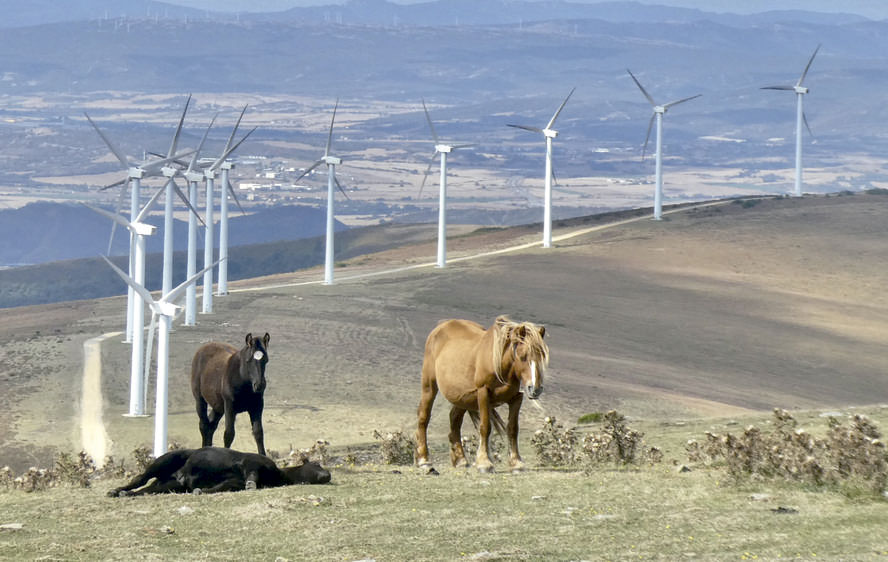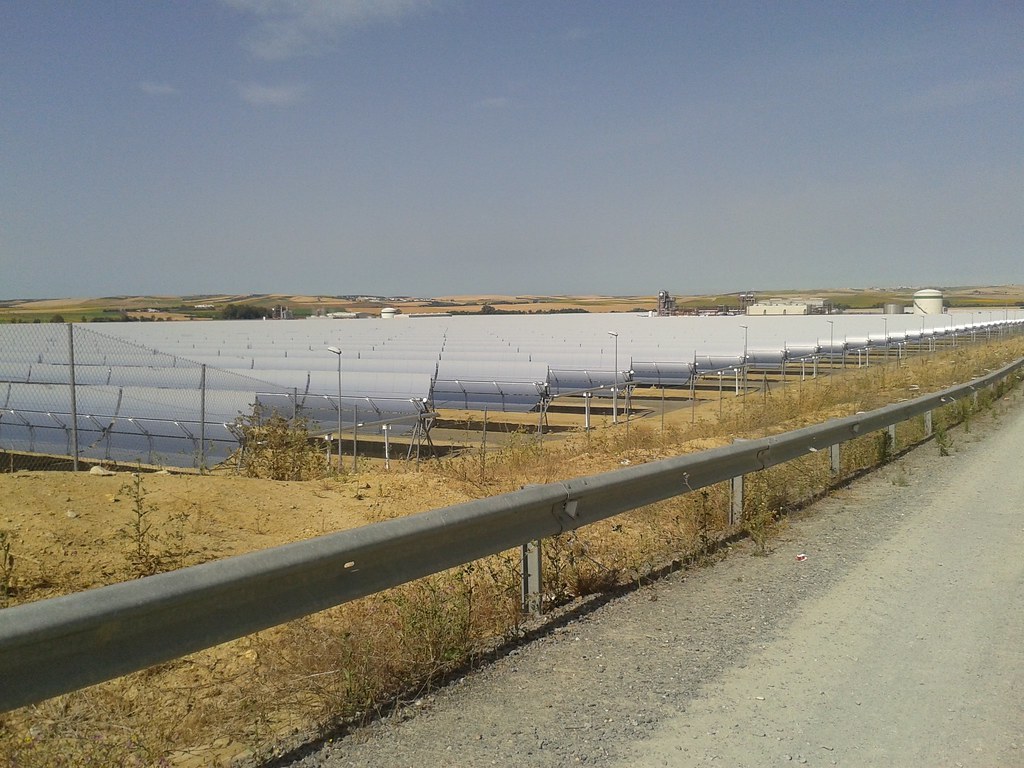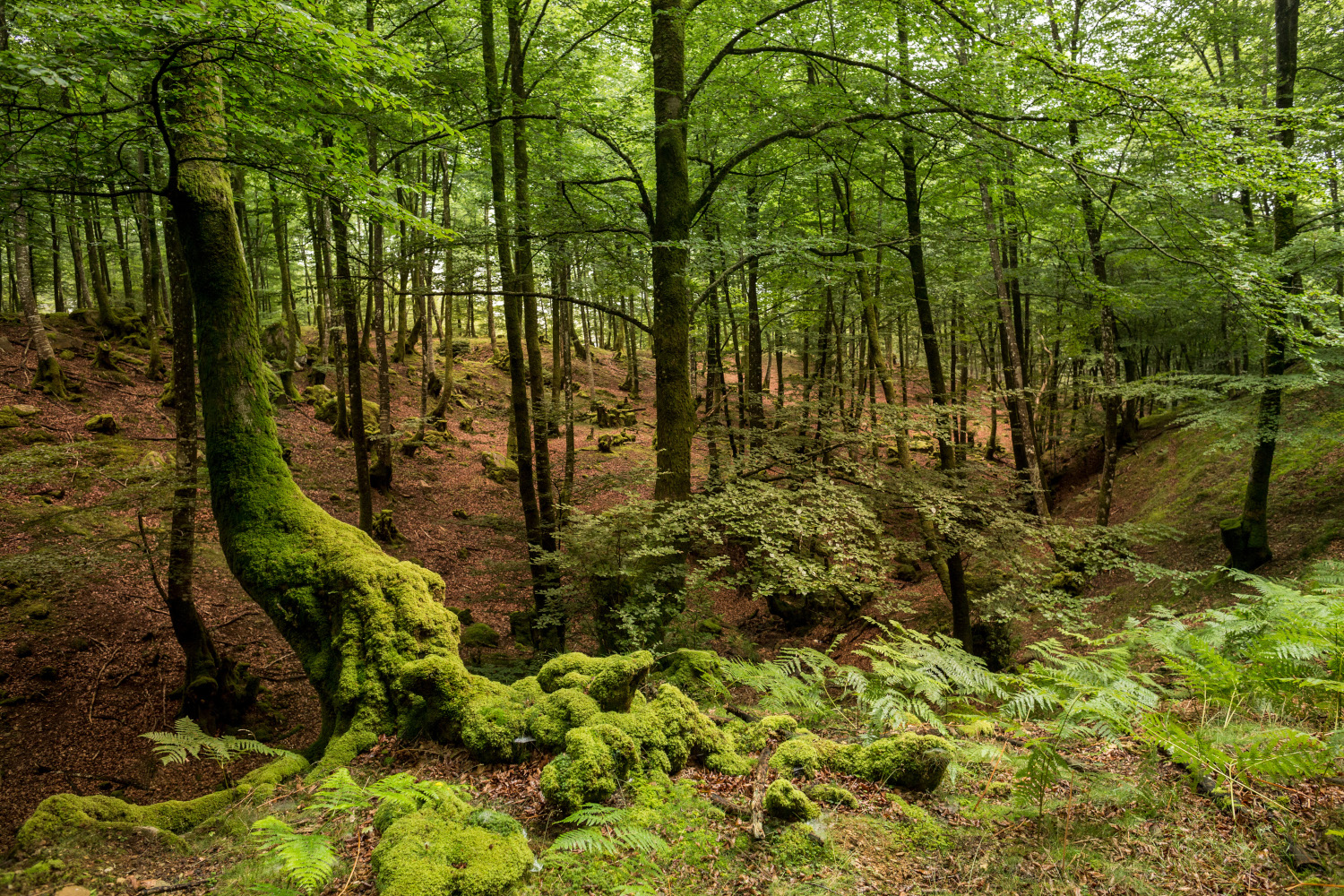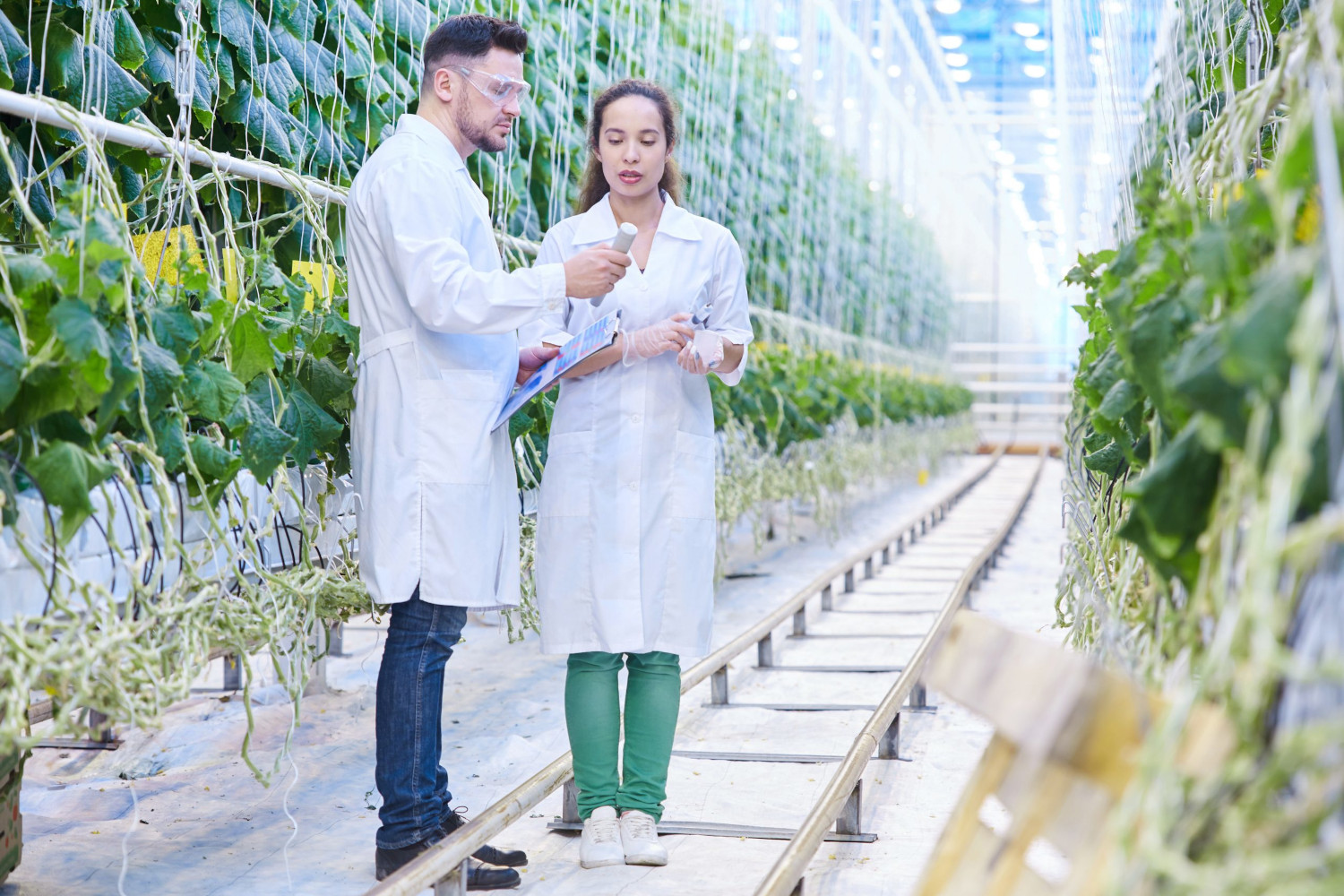Waste management in Bizkaia
- The environmental organisation has highlighted in a report the deficiencies in waste management in Bizkaia since the disaster in the Zaldibar landfill. He explains that the draft of the new waste management plan has not yet been approved and is in force in 2016. It attributes to the new management plan, inter alia, the failure to take sufficient measures for the separation and treatment of organic waste.
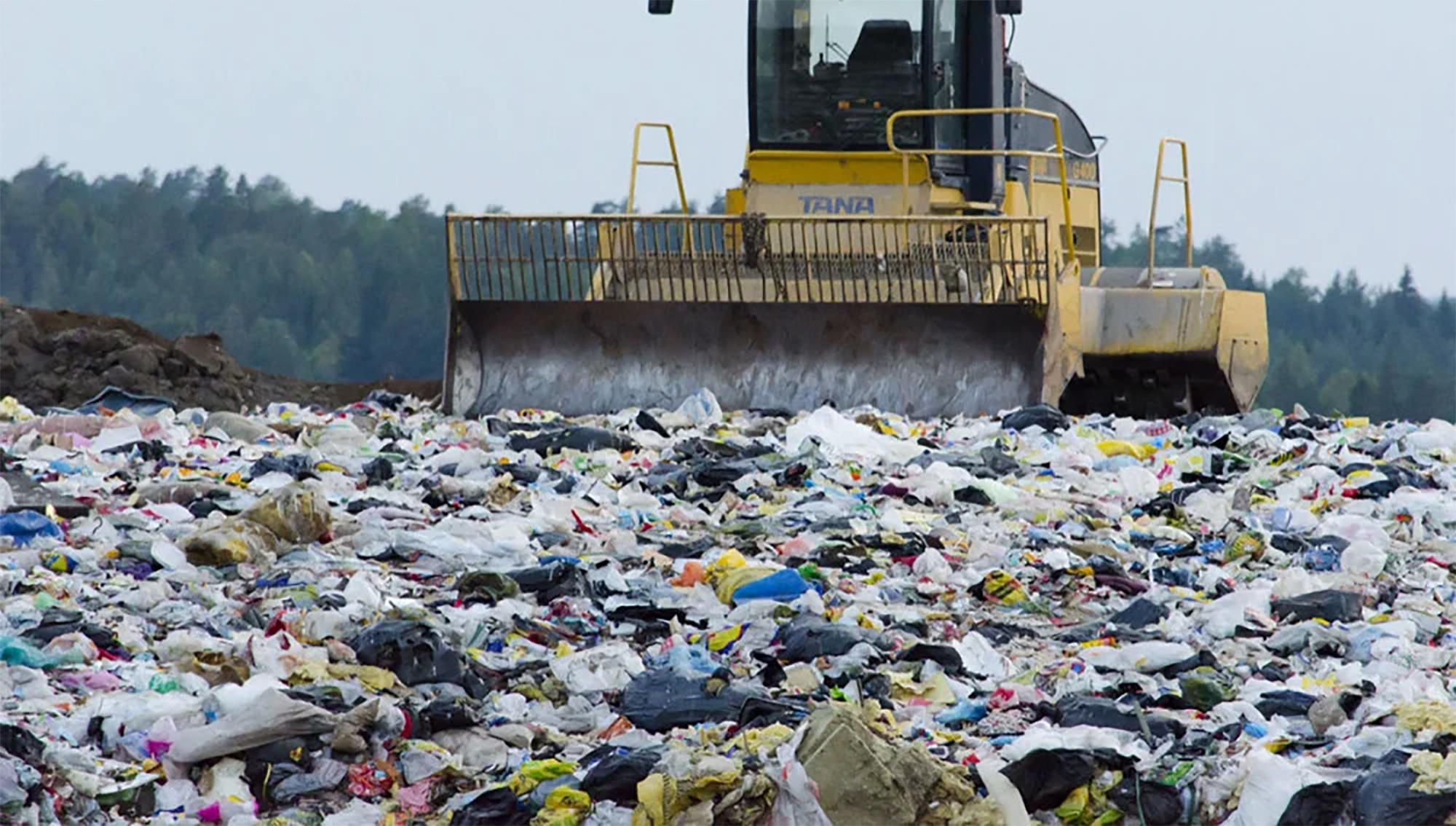
The disaster at Zaldibar occurred three years ago, causing two deaths and a serious environmental crisis. Ekologistak Martxan says that we must talk about effective waste management systems to prevent them from being repeated.
The environmental organization has highlighted in a report that Bizkaia has the challenge of grouping the entire organic fraction separately, "everything that does not go in this direction is a failure in the management models". He explains that the draft of the Comprehensive Waste Management Plan submitted by the Provincial Council of Bizkaia in September 2022 also states that it is essential to separately collect all this fraction, among other things because the European directive so requires, but the Council itself acknowledges that it will not get that 100% collected separately.
The draft of the Waste Management Plan is awaiting approval, the extension of the 2016 Plan is currently in force, due to the many inter-institutional resources that have brought it up. Among other things, they attribute to the Plan the lack of sufficient infrastructure for all organic waste planned in Bizkaia (134,000 tonnes per year), the lack of a determined commitment to systems such as the "Pay-per-Generation" and the centralisation of the collection of light packaging in "communication and awareness" campaigns: "Will only awareness be enough? ".
Furthermore, Ekologistak Martxan says that the new plan proposal puts incineration at the heart of the system and opens the door to the burning of industrial waste.
On the other hand, the environmental organization has denounced that the 4 industrial waste dumps in Bizkaia planned by the Basque Government will contain the fibercement or asbestos cells: "As demonstrated in the Zaldibar dislocation, it is a dangerous waste found in the cells that can be broken". They consider that "transitional" landfills should be "subject to rigorous, transparent and democratic control, with deadlines for closure, decontamination and sealing".
Today’s Venice is built on an archipelago of 118 islands. These islands are connected by 455 bridges. The city is based on mud rather than Lura. Millions of trees in the area were cut down from the 9th century onwards to build piles and cement the city. Years have passed and... [+]
Lehengai anitzekin papera egitea dute urteroko erronka Tolosako Lanbide Heziketako Paper Eskolako ikasleek: platano azalekin, orburuekin, lastoarekin, iratzearekin nahiz bakero zaharrekin egin dituzte probak azken urteotan. Aurtengoan, pilota eskoletan kiloka pilatzen den... [+]










